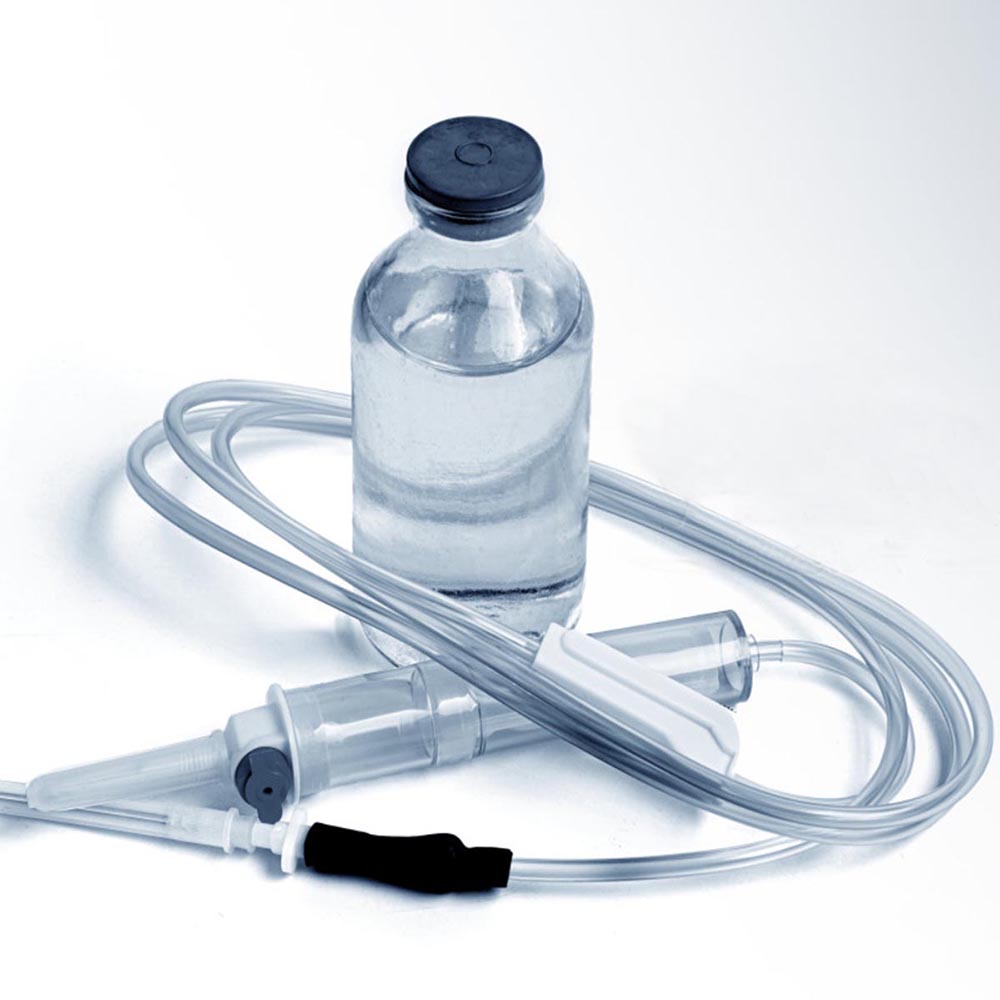PVC stabilizers play a crucial role in the manufacturing of medical devices. These liquid stabilizers, as chemical additives, are blended into materials to enhance the performance, reliability, and safety of medical devices. The primary applications of liquid stabilizers in medical devices include:
Biocompatibility: Biocompatibility is paramount in medical devices. Liquid stabilizers can help ensure that the materials used in devices are safe for human tissues, avoiding allergic reactions or other adverse effects.
Antimicrobial Properties: Medical devices need to maintain cleanliness and sterility to prevent the spread of bacteria and viruses. Liquid stabilizers can imbue devices with antimicrobial properties, aiding in maintaining device hygiene.
Durability and Stability: Medical devices require prolonged usage, necessitating good durability and stability. Liquid stabilizers can enhance material abrasion resistance and anti-aging performance, thereby extending the device's lifespan.
Chemical Resistance: Medical devices may come into contact with various drugs and chemicals. Liquid stabilizers can offer chemical resistance, guarding against corrosion or damage caused by chemicals.
In summary, PVC stabilizers play a pivotal role in the manufacturing of medical devices. By providing essential performance enhancements, they ensure that medical devices excel in biocompatibility, antimicrobial properties, durability, and more. These applications span various medical fields, including diagnostic equipment, surgical instruments, implants, and beyond.

|
Model |
Appearance |
Characteristics |
|
Ca-Zn |
Liquid |
Non Toxic and odorless |
|
Ca-Zn |
Paste |
Non Toxic, Environmental Friendly |

